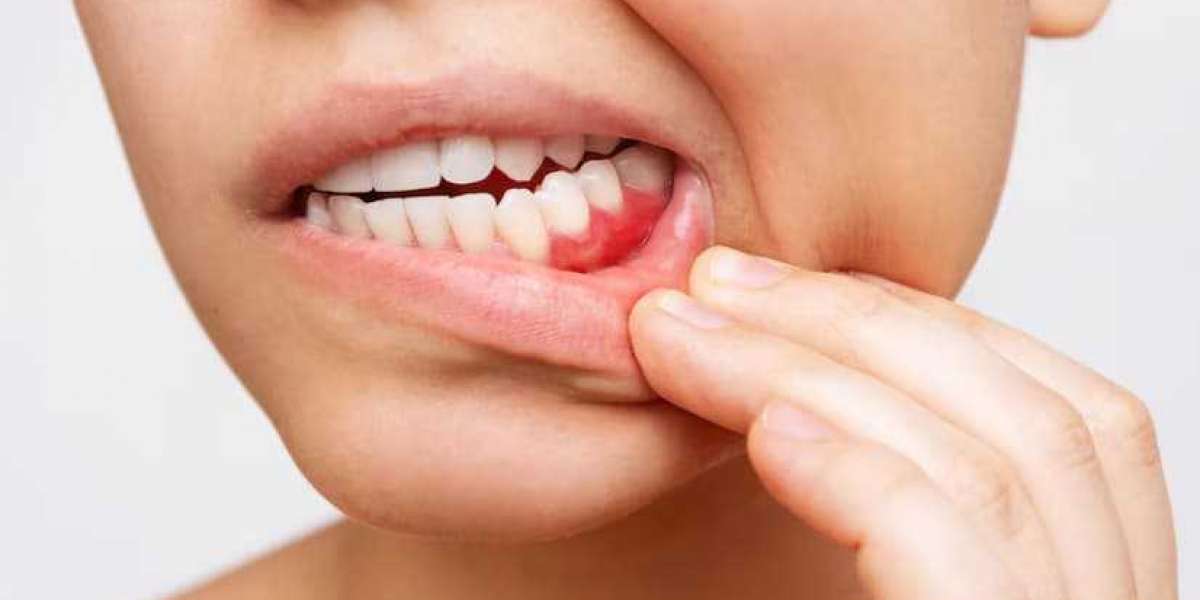Gum disease, scientifically known as periodontal disease, is an alarming condition that affects many individuals without their knowledge. It begins subtly, often going unnoticed until it has progressed significantly. Understanding the early signs of gum disease is essential because early intervention can prevent severe consequences, including tooth loss and systemic health issues. This article delves deep into the early indicators of gum disease, and the importance of recognizing them promptly.
What is Gum Disease?
Before discussing the early signs, it’s vital to understand what gum disease is. Gum disease primarily results from the accumulation of plaque—a sticky film of bacteria that forms on teeth. If not removed by regular brushing and flossing, plaque can harden into tartar, leading to inflammation of the gums. This condition is known as gingivitis, the initial stage of gum disease. If gingivitis remains untreated, it can advance to periodontitis, a more severe form of the disease that can damage the bone supporting the teeth.
The Importance of Early Detection
Recognizing the early signs of gum disease can make a significant difference in the outcome of treatment. The earlier the condition is addressed, the less invasive the treatment is likely to be. Neglecting these initial symptoms not only jeopardizes oral health but can also lead to systemic issues. Research has shown a correlation between gum disease and other health problems such as heart disease, diabetes, and respiratory issues. This connection underscores the necessity of being vigilant about oral hygiene and understanding the early symptoms of gum disease.
Common Early Signs of Gum Disease
1. Bleeding Gums
One of the most prevalent early signs of gum disease is bleeding gums, particularly during brushing or flossing. Healthy gums should not bleed under normal circumstances. If someone notices blood in the sink after brushing, it is often a signal that inflammation is present. This bleeding occurs because the gums become swollen and irritated, a condition that is usually associated with gingivitis. Ignoring this symptom can lead to more severe forms of gum disease as inflammation progresses.
2. Swollen or Red Gums
Another significant indicator is the appearance of swollen or red gums. Healthy gums are typically pale pink and firm. When gum disease sets in, they may become puffy, tender, and change color. This change occurs due to the body's immune response to the bacterial infection. Swollen gums can also cause discomfort and pain, making it difficult for individuals to maintain proper oral hygiene. This discomfort may lead to a vicious cycle where individuals avoid brushing or flossing, further exacerbating the problem.
3. Persistent Bad Breath
Halitosis, or persistent bad breath, can be more than just a nuisance; it can be an early sign of gum disease. The bacteria responsible for gum disease produce toxins that can lead to foul-smelling breath. If someone notices that their bad breath persists despite maintaining good oral hygiene practices, it may indicate an underlying gum issue. This symptom serves as a warning sign that should not be overlooked, as it can signify an infection that requires attention.
4. Receding Gums
Receding gums are another early sign that indicates potential gum disease. When gums recede, they pull away from the teeth, exposing more of the tooth's surface and even the root. This condition not only affects the aesthetic appearance of a smile but also increases the risk of tooth sensitivity and decay. Recession can occur due to the ongoing inflammation of the supporting structures of the teeth, making it a critical sign to monitor.
5. Changes in Bite or Tooth Alignment
Individuals might also notice changes in their bite or the alignment of their teeth as an early indicator of gum disease. The loss of bone around the teeth can cause them to shift, leading to changes in how teeth fit together when biting or chewing. This shifting can affect daily activities like eating and speaking, and may also lead to further discomfort. If someone experiences these changes, it is essential to consult a dental professional for evaluation.
The Role of Regular Dental Check-ups
Regular dental check-ups play a crucial role in the early detection and management of gum disease. During these visits, dental professionals can identify early signs that individuals may overlook. They have the expertise to perform thorough cleanings that remove plaque and tartar buildup, as well as provide guidance on effective oral hygiene practices. Moreover, they can offer personalized advice tailored to individual needs, ensuring that patients understand how to maintain healthy gums.
Maintaining Good Oral Hygiene
In addition to regular dental visits, maintaining good oral hygiene is vital in preventing gum disease. This includes brushing teeth at least twice a day with fluoride toothpaste, flossing daily, and using an antimicrobial mouthwash. These practices help control plaque buildup and reduce the risk of gum inflammation. Furthermore, individuals should pay attention to their diet; consuming a balanced diet rich in vitamins and minerals can support gum health significantly. Nutrients like vitamin C and calcium are particularly beneficial, as they contribute to the strength and resilience of gum tissue.
Conclusion
In summary, being aware of the early signs of gum disease is crucial for maintaining oral health. Symptoms such as bleeding gums, swollen or red gums, persistent bad breath, receding gums, and changes in bite or tooth alignment should prompt immediate attention. By recognizing these signs early and engaging in proactive oral care, individuals can prevent the progression of gum disease and protect their overall health.
For those concerned about their gum health, seeking professional help is essential. Clove Dental Riverpark offers expert dental care to address your oral health needs. Don’t wait until it’s too late take action today to ensure your smile stays bright and healthy! Contact us now to schedule your appointment and prioritize your gum health.







